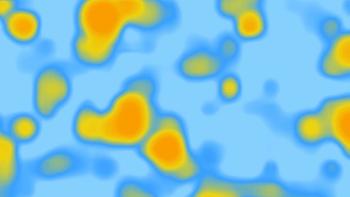
QLT begins IDA proof-of-concept trial
QLT Inc. announced that the first patient has been dosed in the company's Phase IIa proof-of-concept trial of QLT091001 in adult subjects with impaired dark adaptation (IDA), a condition that results in decreased ability to recover visual sensitivity in the dark after exposure to bright lights.
Vancouver, British Columbia-
The Phase IIa proof-of-concept trial of QLT091001 is a randomized, multi-center, parallel-group, placebo-controlled study in adult subjects with IDA. Subjects must be 60 or older, have IDA or impaired low luminance low contrast best-corrected visual acuity (LLLC BCVA) in at least one eye, and have no known ophthalmic pathologies to explain their condition other than early age-related macular degeneration (AMD). Subjects will be enrolled at sites in the U.S. Subjects will be randomized to receive placebo or one of two different doses (10 or 40 mg/mg2) of QLT091001 once per week for 3 consecutive weeks with one additional dose the day after the third dose. The trial is designed to evaluate the safety profile and effects of QLT091001 on impaired dark adaptation time, glare recovery time, and LLLC BCVA.
Newsletter
Want more insights like this? Subscribe to Optometry Times and get clinical pearls and practice tips delivered straight to your inbox.








































